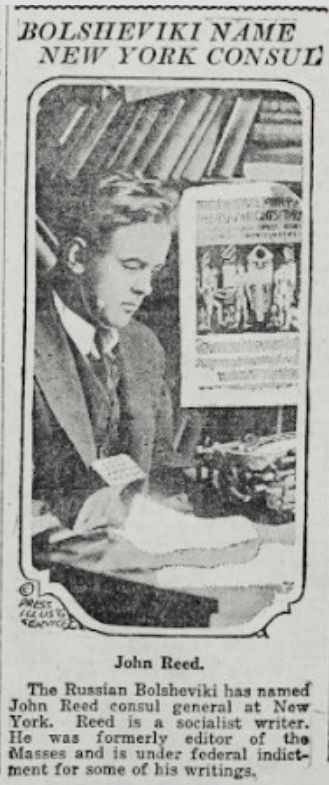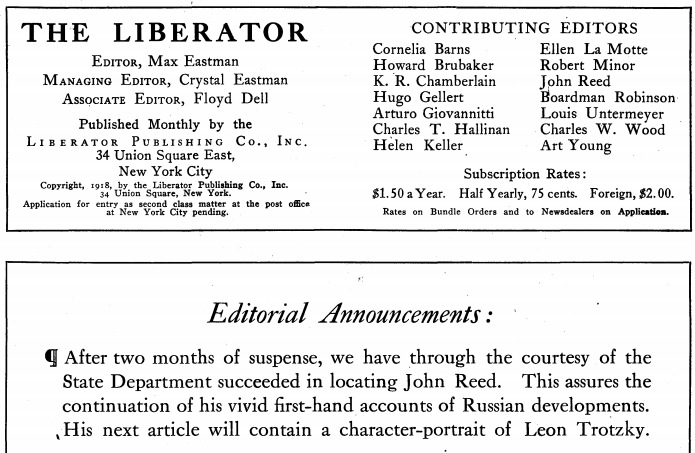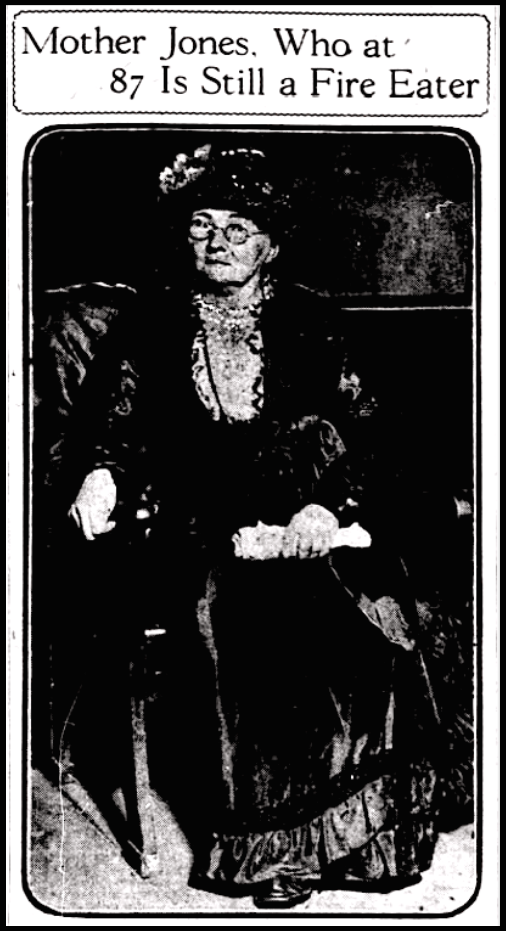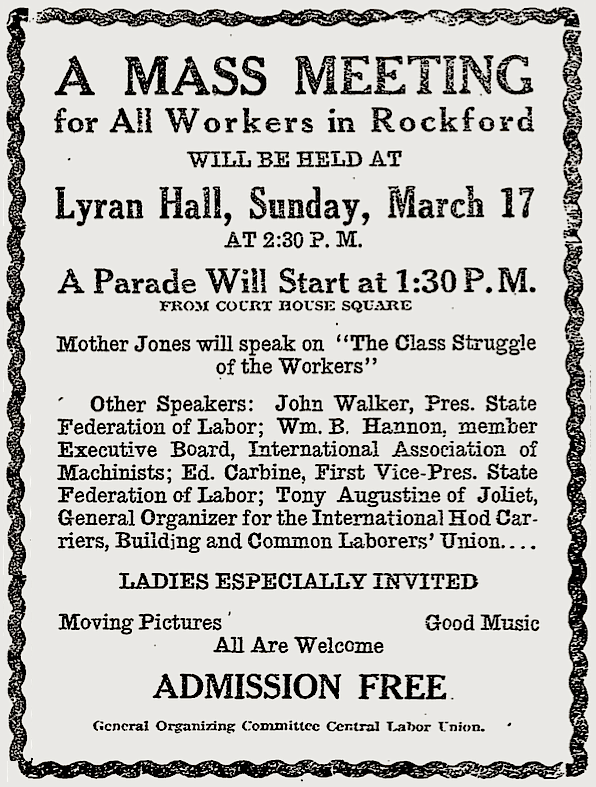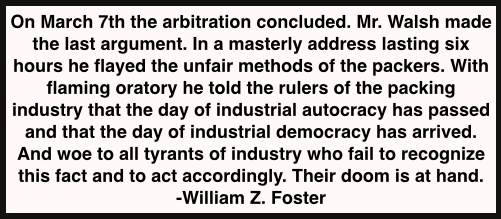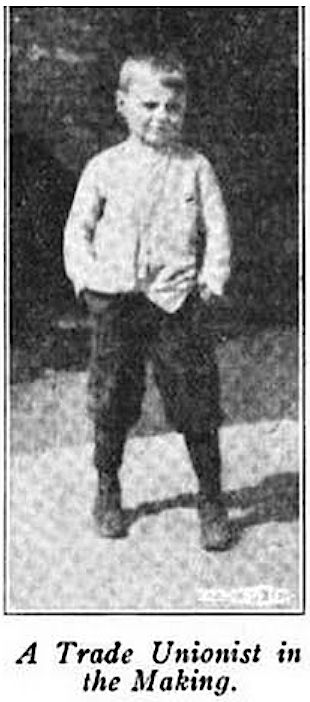Let me see you wake up and fight.
-Mother Jones
~~~~~~~~~~~~~~~~~~~~~~~~~~~~~~~~~~~~~~~~~~~~
Hellraisers Journal, Sunday June 23, 1918
Mother Jones News for May 1918, Part I: Gives Long Interview in St. Louis
From the St Louis Post-Dispatch of May 13, 1918:
Valiant Champion of the Workers Pink of Cheek
at 88 and Wears a Fussy Little Bonnet.
—–
Objects to Women Doing Heavy War Time Work;
Opposes Suffrage, Knitters Rile Her.
—–BY MARGUERITE MARTYN.
I WOULD like to have had a union card to show. I was glad I was conversant with the after-the-war platform of the British Labor Party as voluminously printed in the Post-Dispatch, and that I could profess full faith in the justice of trade unionism, when I went to call on Mother Jones. As it was, I came out of the interview with the valiant little 88-year-old labor champion comparatively unscathed, though I sat meekly silent while her scorching tongue excoriated many institutions I have at least looked upon with toleration.
Women in war industries supplanting men, she had little patience with.
[She said:]
I see them climbing over engines with their oil cans. I see them pumping levers on street cars; I see them pushing heavy trucks of munitions, and I think, what of the future generation? Woman’s nervous organism is not equal to such work. One of the principles of trade unionism is that women shall work under conditions that will safeguard to the utmost their bodily welfare.
Woman suffrage she dismissed with equal scorn.
Women vote in Colorado and what have they done to improve industrial conditions? After the riots at Trinidad and 20 women and children were laid out in the morgue, committees of ladies came and looked over the scene, and they said, “Too bad, too bad!”
They knew the murder of these innocents, whose men were fighting only for the right to work and earn their bread, had been authorized by the [Democratic] Governor they had helped to put in power. They did not criticise the Governor and some of the women were in the militia that committed the crimes.


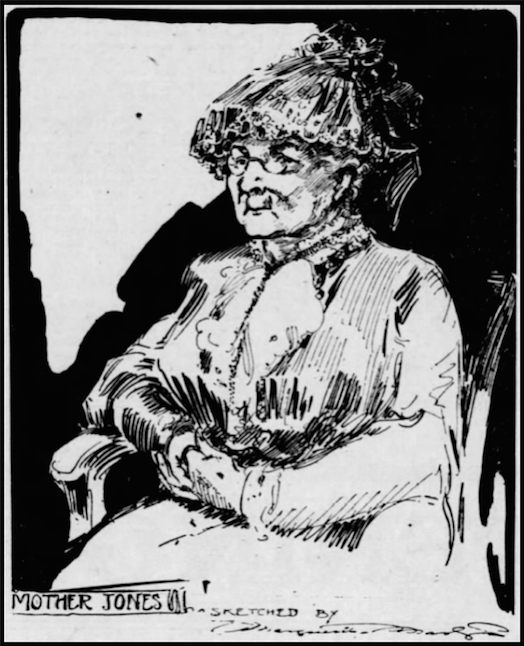
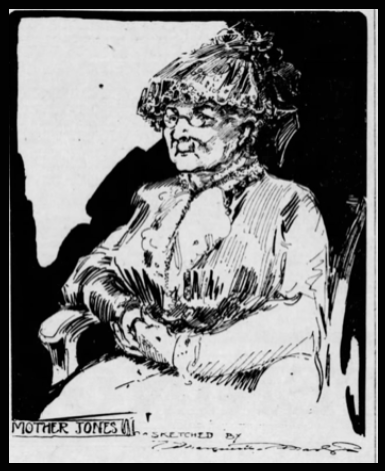

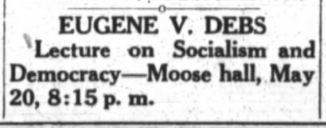
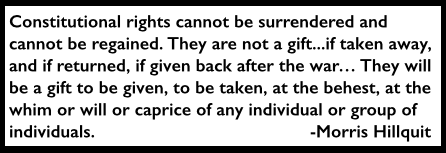
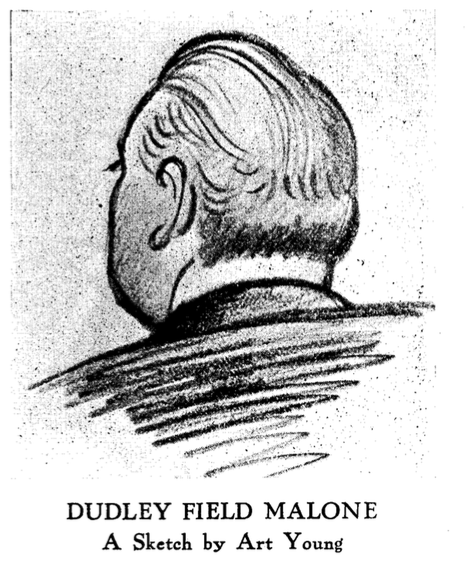
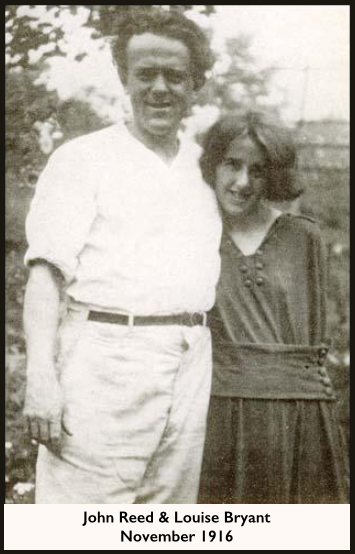 The half-starved men and women on the bread lines are the rulers of Russia. The crowd is the government. The faction of which Kerensky was the head, once looked upon by the world as radical, became, comparatively, as conservative as Taft in his second campaign. This faction did not represent the crowd, so it fell, leaving Kerensky with about as much influence in Russia as one William Jennings Bryan has here. If Kerensky should return to Russia he would be killed. If he and his supporters and remained in power two months longer every city in Russia would have been under German control. Korniloff planned the fall of Riga to frighten the Russian people into action, and admitted it publicly. The Kerensky government, when the people threatened to take its power from it, practiced sabotage on the food supplies of the people, fomented strikes in the manufacturing plants, and closed down factories.
The half-starved men and women on the bread lines are the rulers of Russia. The crowd is the government. The faction of which Kerensky was the head, once looked upon by the world as radical, became, comparatively, as conservative as Taft in his second campaign. This faction did not represent the crowd, so it fell, leaving Kerensky with about as much influence in Russia as one William Jennings Bryan has here. If Kerensky should return to Russia he would be killed. If he and his supporters and remained in power two months longer every city in Russia would have been under German control. Korniloff planned the fall of Riga to frighten the Russian people into action, and admitted it publicly. The Kerensky government, when the people threatened to take its power from it, practiced sabotage on the food supplies of the people, fomented strikes in the manufacturing plants, and closed down factories.